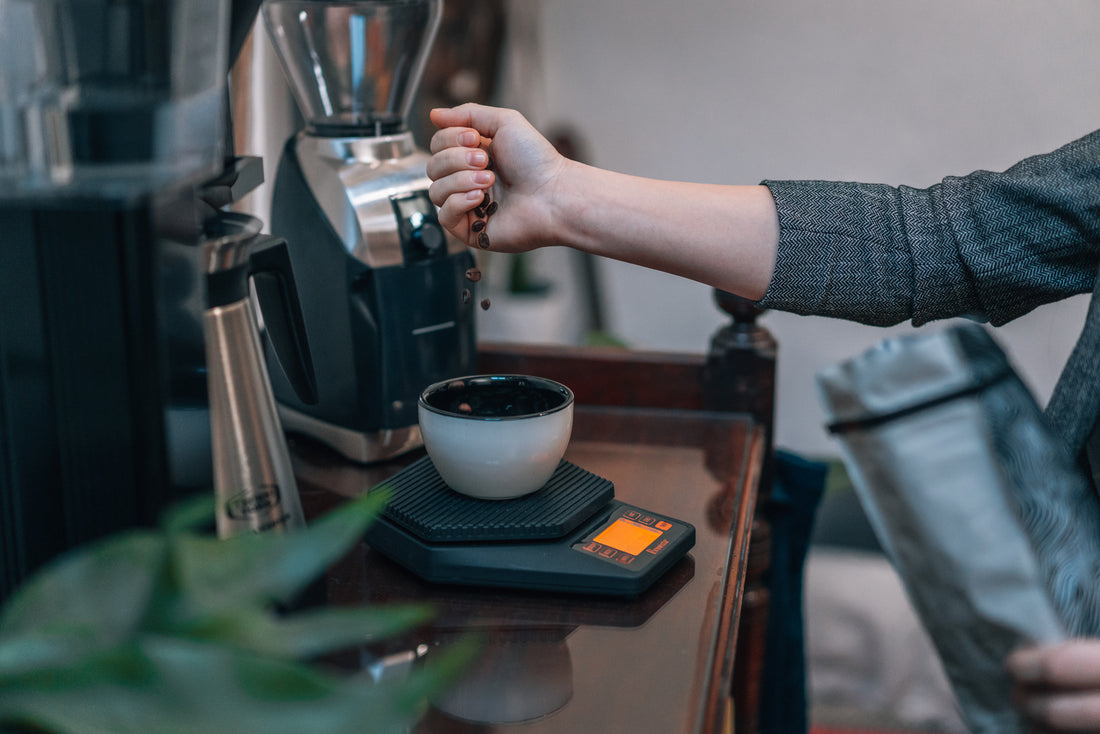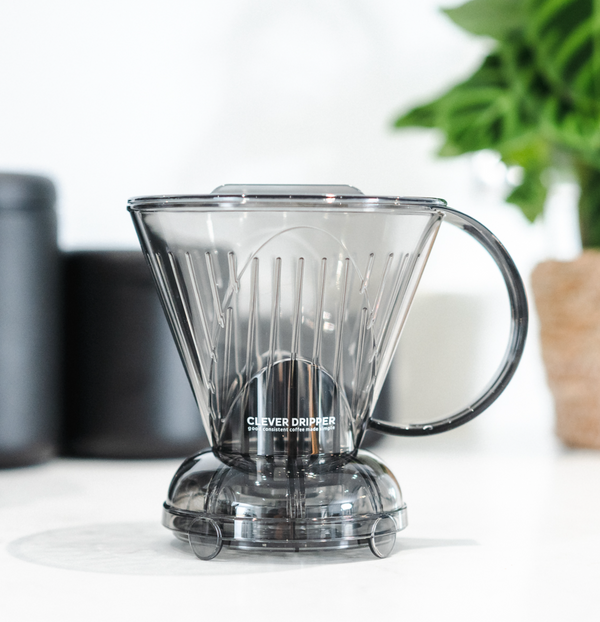
Decaf coffee has long been a staple for those who love the taste of coffee but wish to reduce their caffeine intake. Despite its popularity, there are many misconceptions surrounding decaf coffee.
In this guide, we’ll explore everything you need to know about decaf coffee, from its caffeine content to its health benefits, and debunk some common myths along the way.
What is Decaf Coffee?
Decaf coffee, short for decaffeinated coffee, is made from coffee beans that have had most of their caffeine removed. Contrary to popular belief, decaf coffee is not completely caffeine-free. Typically, decaf coffee contains about 2-5 milligrams of caffeine per cup, compared to a regular cup of coffee, which contains around 95 milligrams.
How is Decaf Coffee Made?
Decaf coffee can be made using various methods. The most common processes include:
- Swiss Water Process: This chemical-free method uses water to extract caffeine from the beans, ensuring the coffee’s flavour remains intact. Swiss Water decaf coffee brands are particularly popular among those looking for a more natural option.
- Solvent-Based Process: This method uses chemicals like methylene chloride or ethyl acetate to remove caffeine. While effective, some consumers prefer to avoid chemically processed decaf.
- Carbon Dioxide Process: In this method, carbon dioxide is used to extract caffeine. It’s a newer and more expensive method but is gaining popularity for its efficiency.
Is There Caffeine in Decaf Coffee?
Yes, decaf coffee does contain some caffeine, but the amount is significantly lower than in regular coffee. The caffeine content in decaf coffee is minimal, making it a suitable choice for those sensitive to caffeine or looking to reduce their intake.
Health Benefits of Decaf Coffee
Decaf coffee offers several health benefits, particularly for those who need to avoid caffeine for medical reasons or personal preference:
- Lower Risk of Heart Issues: Caffeine can increase heart rate and blood pressure in some individuals. Decaf coffee provides the same antioxidants as regular coffee without the potential cardiovascular effects of caffeine.
- Reduced Risk of Acid Reflux: Regular coffee is known to increase stomach acid production, leading to acid reflux in some people. Decaf coffee is less likely to trigger this condition.
- Suitable for Pregnant Women: High caffeine intake during pregnancy is linked to complications. Decaf coffee allows pregnant women to enjoy coffee’s flavour without the associated risks.
- Diuretic Effects: Although caffeine is a diuretic, decaf coffee’s lower caffeine content reduces this effect, making it less likely to cause dehydration.
Common Myths About Decaf Coffee
- Does Decaf Coffee Dehydrate You? Decaf coffee has a much-reduced diuretic effect compared to regular coffee, so it’s unlikely to cause dehydration.
- Is Decaf Coffee Bad for You? On the contrary, decaf coffee retains many of the beneficial antioxidants found in regular coffee. It’s a healthier choice for those looking to limit caffeine intake.
- Does Decaf Coffee Make You Poop? Like regular coffee, decaf coffee can stimulate bowel movements due to the presence of natural compounds like chlorogenic acids. However, its effect is typically milder.
Decaf Coffee and Its Place in the Market
Decaf coffee has carved out a significant niche in the coffee market, with many major brands offering high-quality decaf options. Starbucks Decaf Coffee, for instance, is a popular choice for those who frequent coffee shops. Additionally, organic decaf coffee and decaf coffee pods cater to the growing demand for convenient and environmentally friendly options.
Choosing the Best Decaf Coffee
When selecting decaf coffee, consider factors such as the decaffeination process, flavour profile, and whether the beans are organic. Whole bean decaf coffee offers the freshest taste, while decaf instant coffee provides convenience without sacrificing quality. For those who enjoy a chilled beverage, decaf iced coffee is a refreshing option.
Conclusion
Decaf coffee is an excellent choice for anyone looking to enjoy the rich flavours of coffee without the stimulating effects of caffeine. With its various health benefits, low caffeine content, and availability in numerous forms, decaf coffee is more than just a caffeine-free alternative—it’s a delicious and healthy option for all coffee lovers.
Whether you’re new to decaf or a seasoned drinker, understanding the nuances of decaf coffee can help you make informed choices and enjoy your coffee experience to the fullest.











